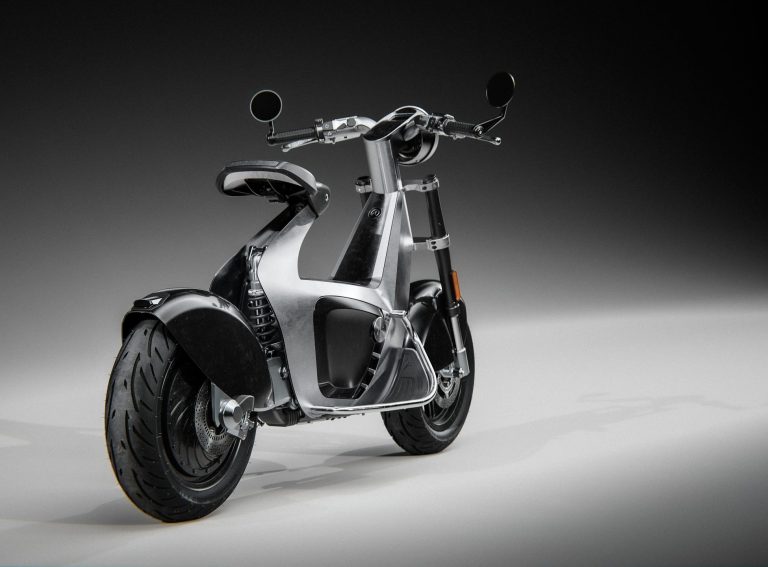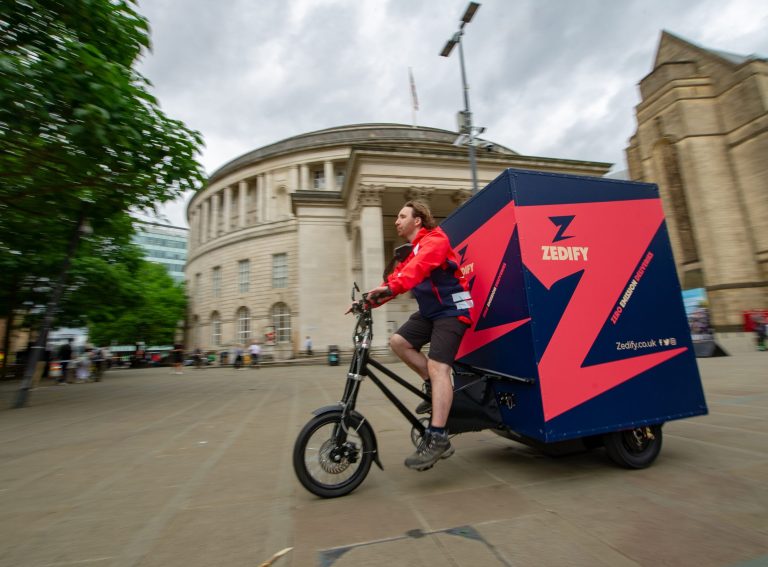Cycling Industries Europe (CIE) has ranked Paris as the top performing city for bike sharing in its new Shared Ambition 2024 report.
Released today, the second edition of CIE’s report benchmarks the performance of bike sharing in 148 cities across the EU in 2023 through three performance indicators.
These performance indicators are the number of bike share trips relative to population, fleet size, and trips per bike.
“This new edition of our Shared Ambition report strengthens the case for bike sharing in European cities and provides all the content a city will need to make the necessary investments for a thriving bike share system,” CIE CEO and key author of the report Kevin Mayne told Zag Daily.
“The mobility department in every city can see what is achievable, set their own targets and find peer cities who are leading by example right across the continent. If they need help, we have the experts who can guide them. There are no excuses!”
According to the report, the signing of the EU Declaration on Cycling earlier this year is further imperative to grow cycling and bike sharing as the document recognises cycling as one of the most sustainable, accessible and inclusive low-cost forms of transport and recreation.
Paris ranks first (again)
Paris ranked first in CIE’s headline performance indicator – the number of bike share trips relative to population – with 36.9 daily trips per 1,000 inhabitants.
The report states that the number of bike share trips relative to population is the key performance indicator as it provides more valuable insights to cities compared with fleet size or trips per bike which have historically been used to measure success.
Paris has kept hold of its first place since CIE’s first edition of its Shared Ambition report, which collected bike sharing data across July, August and September in 2022.
“I think it’s no surprise that Paris has retained its first position for yet another year,” said Kristian Brink, Chair of CIE’s Bike Share Expert Group. “I think three things are to be learned from Paris: they have a competitive amount of bikes, an operator that based its Service Level Agreements (SLAs) on excellence, and it’s properly funded by the city.
“Out of the three, the funding by the city has been the key. For a city, the takeaway from this benchmarking study is this: if you take bike share seriously and have the ambition to fund it, then the results will show. Afterwards, have realistic SLAs and collaborate with the operator to make them work. Pursue excellence, don’t try just crossing off the bike share box.”
In CIE’s live webinar launch of the report today, City of Paris Shared Mobility Project Manager Natalia Ciciarello attributed the success of bike sharing in Paris to how its scheme Velib’ is subsidised by the government. She also credits user pricing offers which help make cycling accessible for young people and low-income riders.
“Paris without Velib’? I cannot imagine it today. It’s just like the metro system,” Natalia said.
Last week, the Deputy Mayor of Paris David Belliard praised the city for its commitment to cycling during the Olympic Games, which saw more than 3.3 million kilometres ridden on TIER-Dott’s vehicles alone in six weeks.
Closely behind in second place, Belgium’s city of Antwerp saw 36.1 daily bike share trips per 1000 inhabitants, followed by Ljubljana at 26.0, Tartu at 20.4, and Toulouse at 19.8.
Gold medals also go to Bordeaux and Bilbao
In CIE’s secondary performance indicator, fleet size, it was France’s City of Bordeaux that ranked first for the number of bikes per 10,000 inhabitants. The city was followed by Milan in second place, Differdange, Antwerp and Florence.
Though a large fleet size doesn’t guarantee high trips at a population level, the report finds there to be a strong correlation. In the top 10 cities for trips per 10,000 inhabitants, 9 have a minimum of 50 bikes per 10,000 inhabitants, with only Lyon as an outlier.
CIE’s third key metric is the number of trips per bike per day, or the utilisation rate, for which the Spanish city of Bilbao retained its first place position since 2022. Following Bilbao is Lyon, Barcelona, Ljubljana and Paris.
The top 10 performing cities for this metric achieved between three and seven trips per bike per day.
Maria Diviney, Co-Founder of computer vision firm Luna Systems which recently joined CIE, praised the report for its data which recognises the potential of bike sharing in Europe.
“The report underlines a lack of comprehensive, harmonised data from some cities and operators, underscoring the need for greater transparency in the bike-sharing sector,” Maria told Zag Daily.
“Open data is paramount to enable effective benchmarking, informed decision-making, and ultimately, the growth of bike sharing across Europe. We applaud the efforts of CIE in the creation of this much needed resource and encourage participants to leverage this to identify the potential for bike sharing in their cities.”




